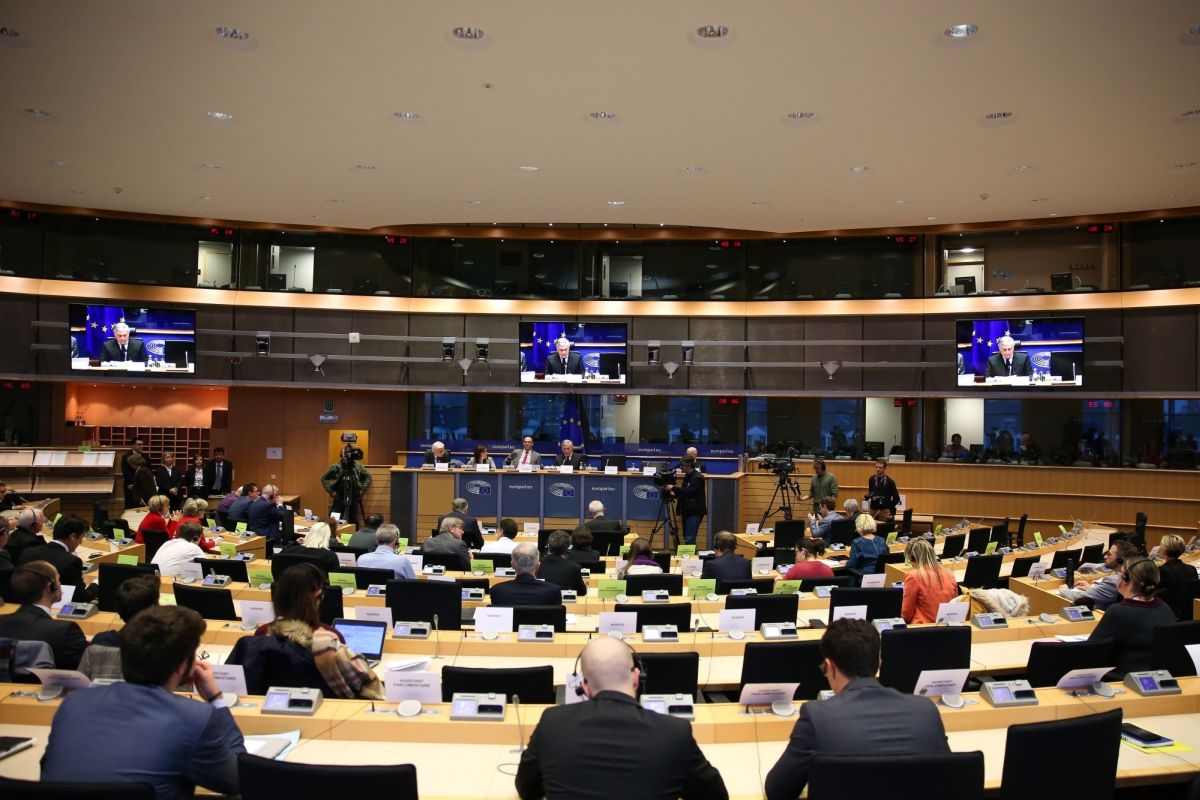The UK left the European Union on Friday, ending more than four decades of economic, political and legal integration with its closest neighbours.
But things will feel the same for many months, owing to a transition period intended to allow both sides time to agree on the terms of their future partnership.
Advertisement
Three Brexit deadlines came and went before the British parliament finally ratified the divorce agreement.
On Friday, PM Johnson hailed the “dawn of a new era” at 11 pm after Britain will leave the European Union (EU).
In Brussels, the UK flag will be removed from the EU institutions, with one Union flag expected to be consigned to a museum.
In Scotland, which voted to stay in the EU in the 2016 referendum, candlelit vigils are planned.
Britain left the European Union 43 months after the country voted for Brexit in a June 2016 referendum.
Nothing will change for most people in Britain thanks to the transition period, which preserves the status quo until at least December 31, 2020.
Britain said that it is ready to start trade talks on February 1, but EU members states are still discussing what they want from the negotiations.
British Prime Minister Boris Johnson is to flesh out his ideas for a free trade agreement along the lines of a recent EU deal with Canada, in a speech in early February.
On Tuesday, the UK participated in its last meeting as an EU member when Foreign Office minister Chris Pincher attended the General Affairs Council.
The vote was preceded by an emotional debate of the Members of the European Parliament, who bid farewell — sometimes with words of love and warmth — to Britain’s 41-year stay in the world’s largest trading bloc.
Brexit was originally scheduled for March 29, 2019, but was repeatedly delayed when MPs rejected a previous withdrawal agreement reached by the EU and former Prime Minister Theresa May.
Johnson was able to get his own deal through Parliament after winning the December 12, 2019, general election with a House of Commons majority of 80, on a pledge to “get Brexit done”.
The UK has an option to extend the transition but Johnson refuses to, and intends to enshrine the 2020 date in legislation, PM Johnson’s office said.
Johnson was re-elected Prime Minister following his landslide victory in the December 12 general election, deemed as one the UK’s most decisive and crucial.
(With inputs from agency)











